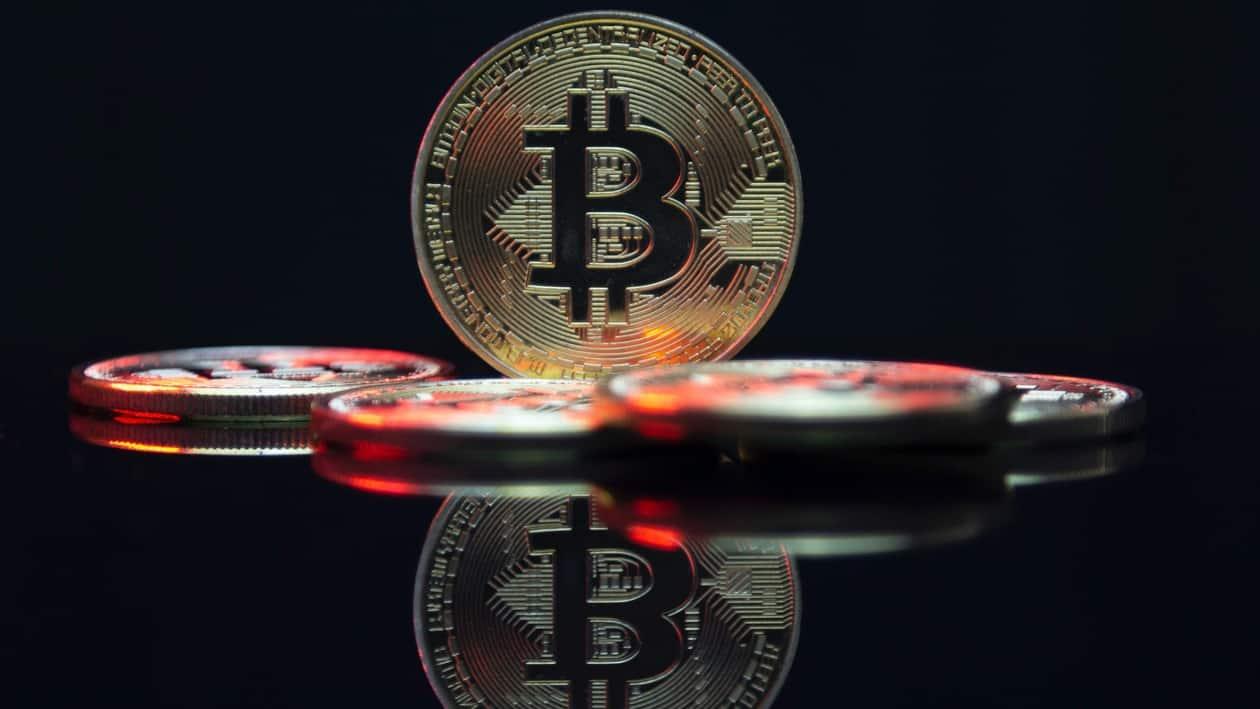This morning I woke up to this wonderful idea shared in a read forwarded by a friend:
Bitcoin is a “Cryptocurrency” – or is it something else? To understand the stuff, we need to go to the very genesis of the “thing” which is its whitepaper.
Let us try to decode Bitcoin in simple terms here. The whitepaper does not mention Bitcoin as a “Cryptocurrency”, neither as a “Digital Asset” or any “investment tool”! Surprisingly, the entire whitepaper does not carry the terms “Cryptocurrency” or “Blockchain” for a single instance!
So, what does the whitepaper say Bitcoin is? The whitepaper says – the Bitcoin is an “Peer-to-peer Electronic Cash System.” A Cash System – means it is the notes and coins in your wallet – which you exchange with the merchants for the goods that you purchase. It is just a medium of exchange.
While transacting with Cash or Coins – the transfer of the money or the medium of exchange is physically deowned by the sender in favour of the receiver. This represents a change of ownership of the tender and completion of the transaction. This is conducted entirely peer-to-peer and isn’t recorded in the central ledger. When the issuance of the tender is carried out through a bank, through a cheque or by any other means supported by the bank, the bank maintains the ledgers of the counterparties to the exchange of money – removes the sum from the sender’s account and adds to the receiver’s account. It is then, this transaction goes into the records or the ledger.
In an electronic cash transaction, the bank receives electronic instructions from the sender, validates his authenticity to make such an instruction, verifies if he has sufficient balance in the account, if all is good, records the transaction effecting the transfer, else rejects. Since, the bank is maintaining the records, it is controlling all aspects of the transaction, in case there is any problem disputed later on, on placement of sufficient proof, the error can be expunged from the records by the bank. Since the bank is aware of all balances of all clients, the problem of double-spending does not arise.
Bitcoin transfers do the same thing, only replaces the bank by a network of validators and verifiers. The electronic transaction undergoes the same process of verification of ownership of funds and validation of sufficiency requirements in order to execute the transaction. Only thing is that the signature on your cheque is replaced by a digital signature, the sender and receiver information is represented by the alphanumeric wallet addresses, the denomination of the medium of exchange is called “Bitcoin” and the record is electronic and stored in the internet as a public record.
This is a system, this system runs on cryptographic proof of transaction as a source of trust. Since, the transactions are immutable in nature, they can be referred back to during any dispute and settled as per the records because the records CAN NOT be changed.
Since the system uses a few cryptographic algorithms to lend security to the transaction verification, validation and recording system, the enthusiasm of the users coined the term “cryptocurrency” – which now misleads the perception about Bitcoin and also other such electronic entities. And then this takes the form of various stuff depending on its usage.
For example – for the guy who gets pizza with bitcoin it serves as a medium of exchange or money – for the gal who holds it in her wallet to sell later to get more dollars in return – it serves as an investment asset. The use case however does not change the nature of the bitcoin – which essentially is A Peer-To-Peer Electronic Cash System.
Ajoy Pathak is a Blockchain Evangelist with CryptoWire, a first port of call for entry into blockchain and cryptocurrencies. CryptoWire seeks to empower participants of the crypto universe with its super app and its research, training and information platforms like Crypto University, CryptoTV and CryptoWire.
